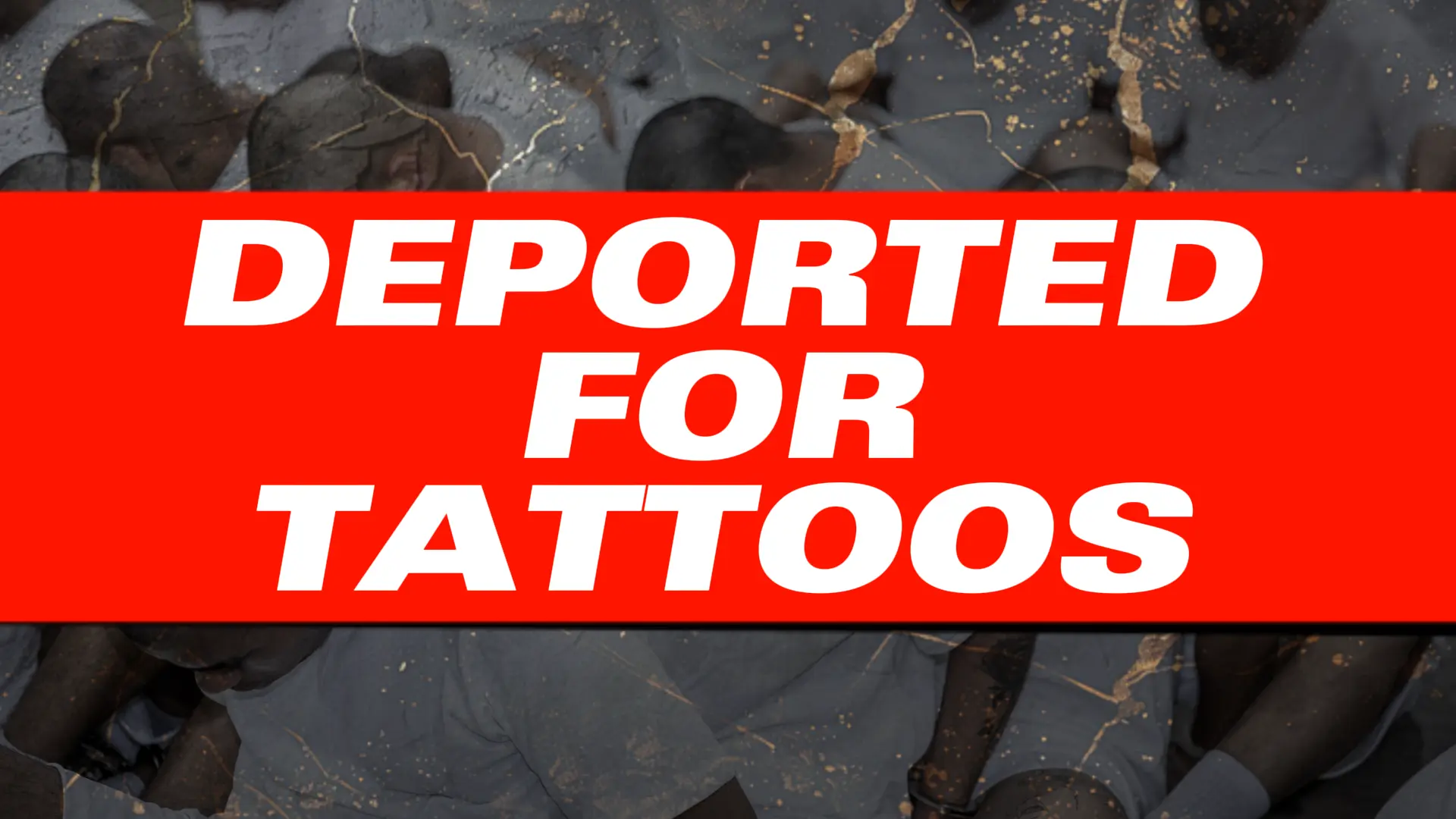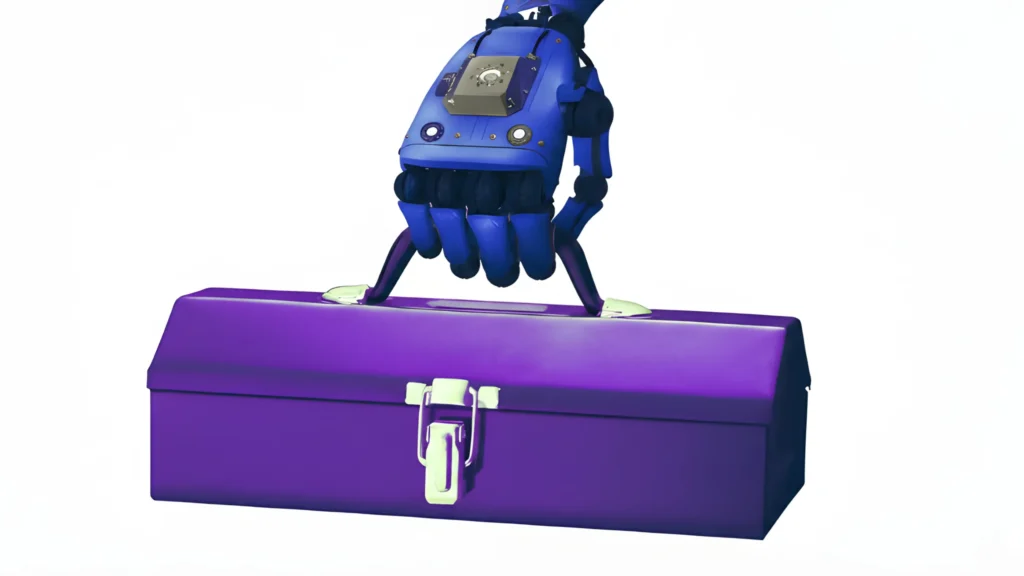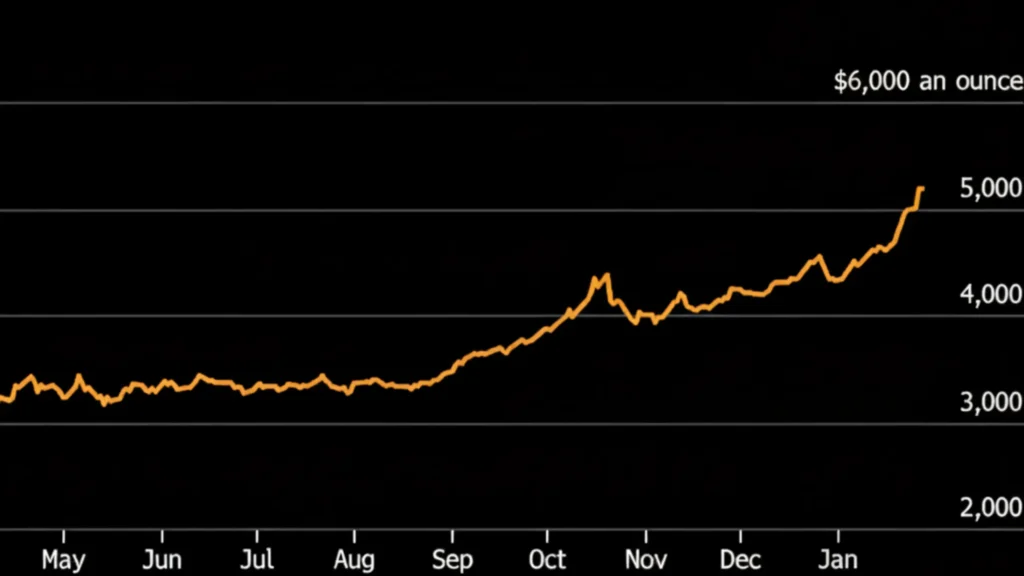Trump administration recently asked the Supreme Court to let them use a dusty old wartime law—so rarely invoked it probably still has cobwebs on it—to deport Venezuelans with all the due process of an impromptu game show elimination round.
The saga began when a federal appeals court slapped a temporary block on these lightning-fast deportations. But the administration wasn’t about to sit back and sip coffee while judges mull things over; they filed an emergency application to the Supreme Court faster than you can say “Alien Enemies Act.”
Acting Solicitor General Sarah M. Harris argued that this was too urgent to wait for the usual judicial slow dance through lower courts. Because apparently, national security moves at the speed of X—not bureaucracy.
“The Constitution supplies a clear answer,” Ms. Harris wrote in her filing, channeling her inner constitutional scholar: “the president.” Presumably, she meant this president, because if we’re being honest, Donald Trump’s approach to governance feels like he thinks the Constitution is more of a suggestion than a rulebook.
She added ominously, “The Republic cannot afford a different choice.” One wonders if she rehearsed that line in front of a mirror wearing a cape.
This case isn’t just any courtroom drama—it’s shaping up to be a blockbuster test of how the nation’s highest court handles President Trump’s aggressive deportation agenda and his ongoing feud with judges who dare defy him.
He’s even called for impeaching one particularly pesky lower-court judge who hit pause on his plans. Move over, Judge Judy; Judge James E. Boasberg is now the star of Deportation Court: The Unauthorized Series.
At the heart of this legal thriller is an executive order signed by Trump invoking Alien Enemies Act of 1798—a relic so ancient it predates indoor plumbing. This obscure law lets the government summarily deport people from countries technically at war with the U.S., which historically includes internment camps during WWII.
In this case, the administration claims Venezuelan gang members are essentially enemy combatants because… reasons. Specifically, they argue these individuals are cozy with Nicolás Maduro’s regime and therefore part of some sort of Venezuelan invasion.
But here’s where the story gets truly bananas: dozens of people were already shipped off to El Salvador before Judge Boasberg could slam the brakes. His ruling demanded planes carrying deportees turn around midair if necessary, presumably while air traffic controllers frantically Googled “how to reverse international flights.”
Meanwhile, White House shrugged and said those folks were technically out of U.S. territory anyway, so… oops?
A panel of federal judges later upheld Boasberg’s decision, with Judge Patricia A. Millett noting acidly that the deportations denied immigrants “even a gossamer thread of due process.” That’s lawyer-speak for “you didn’t even try.”
So why exactly were these unlucky souls flagged as gangsters? Turns out, much of the evidence boils down to tattoos. Yep, tattoos. Lawyers representing five detainees claim their clients aren’t hardened criminals but regular people whose ink tells a very different story. For instance:
- One guy got his tattoo because it looked cool—like the logo of his favorite soccer team.
- Another immortalized his beloved grandmother (aww).
- And then there’s the rose made of paper money petals, which lawyers insist has zero gang affiliation despite sounding like something Tony Soprano would doodle in high school.
Meanwhile, the administration refuses to share details about who was deported or why, citing state secrets and counterterrorism operations. Apparently, revealing whether someone is actually a gang member or just really into soccer logos might compromise national security. Who knew?












Leave a Reply